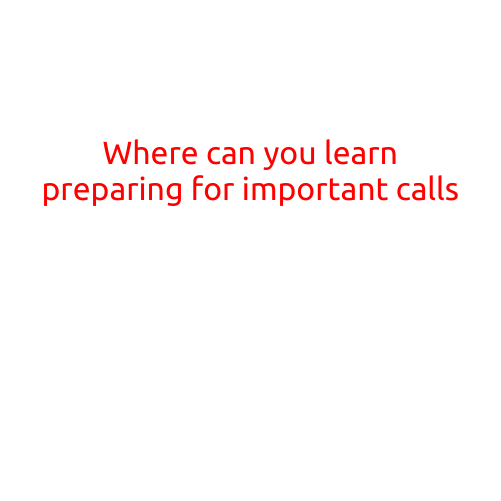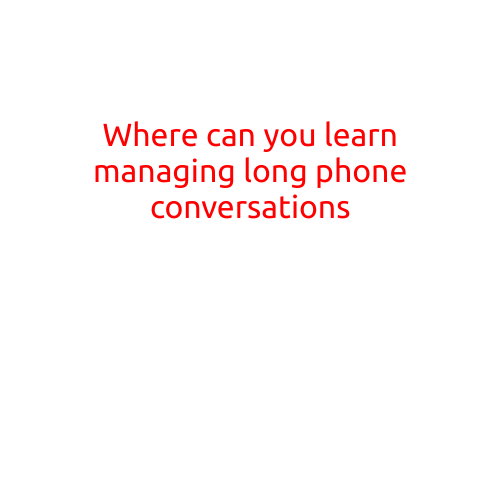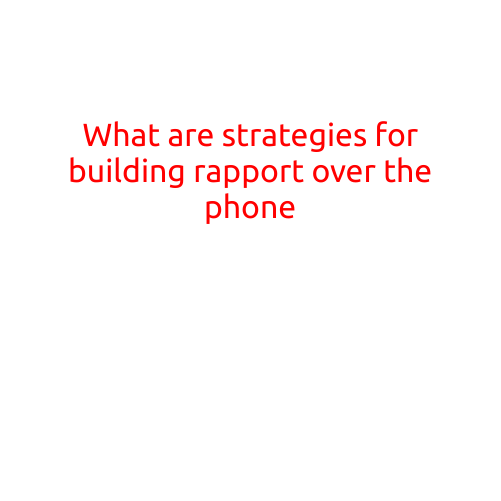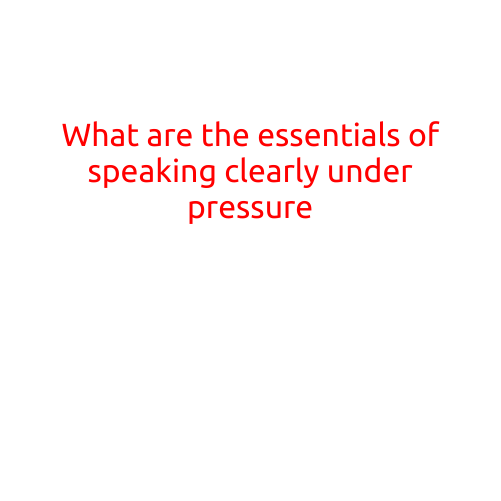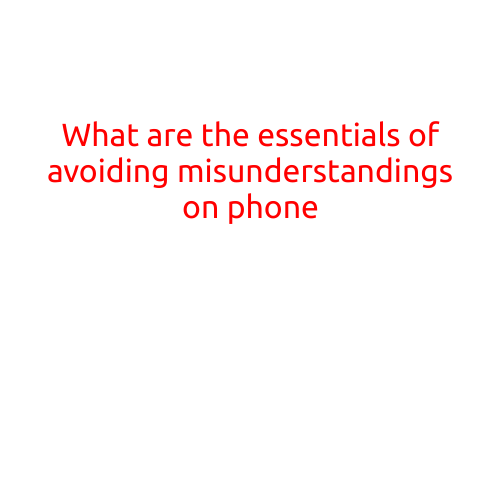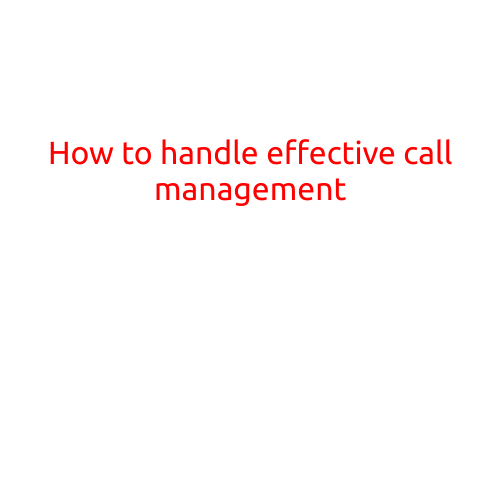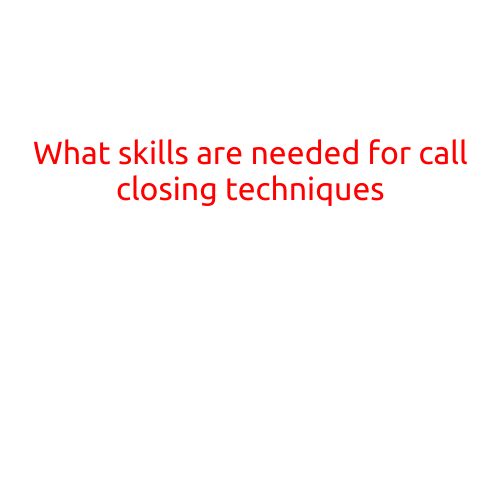
What Skills are Needed for Call Closing Techniques
When it comes to B2B sales, closing a call is crucial to securing a deal and driving revenue. Call closing techniques are essential skills for sales professionals to master in order to convert prospects into customers. In this article, we’ll explore the key skills needed to execute effective call closing techniques.
1. Active Listening
Active listening is the foundation of any successful sales conversation. To close a call effectively, you need to be fully present and engaged with the prospect. This means paying attention to their needs, concerns, and questions, and responding accordingly. By actively listening, you’ll be able to tailor your pitch and address their pain points, increasing the likelihood of closing the deal.
2. Strategic Questioning
Strategic questioning is a critical skill for sales professionals. This involves asking targeted questions designed to uncover the prospect’s needs, pain points, and goals. By asking the right questions, you’ll be able to build a connection with the prospect and position your product or service as the solution to their problems.
3. Strong Communication Skills
Clear and effective communication is vital for closing a call. You need to be able to articulate your value proposition, address objections, and build trust with the prospect. This requires strong verbal and written communication skills, as well as the ability to adapt your messaging to different audiences and situations.
4. Emotional Intelligence
Emotional intelligence (EQ) is the ability to recognize and manage your own emotions, as well as those of others. To close a call effectively, you need to be able to read the prospect’s emotions and respond accordingly. This may involve empathizing with their concerns, building rapport, or even handling objections with sensitivity and tact.
5. Confidence and Assertiveness
Confidence and assertiveness are essential skills for closing a call. You need to be able to confidently present your product or service and handle objections with authority. This doesn’t mean being aggressive or pushy, but rather assertive and professional.
6. Problem-Solving Skills
Every prospect has unique problems and challenges. To close a call, you need to be able to understand their problems and provide tailored solutions. This requires strong problem-solving skills, as well as the ability to think creatively and outside the box.
7. Patience and Persistence
Closing a call doesn’t always happen quickly or easily. You need to be patient and persistent in your approach, understanding that sales is often a marathon, not a sprint. By persisting in the face of objections or setbacks, you’ll increase your chances of closing the deal.
8. Data-Driven Insights
To close a call successfully, you need to be able to provide data-driven insights and evidence to support your claims. This may involve citing statistics, case studies, or testimonials from satisfied customers. By bringing real data to the table, you’ll be able to build credibility and confidence with the prospect.
9. Adaptability
Finally, closing a call requires adaptability. You need to be able to adjust your approach based on the prospect’s reactions, concerns, and objections. By being flexible and responsive, you’ll be able to navigate any obstacles that arise and increase your chances of closing the deal.
In conclusion, closing a call requires a range of skills, from active listening and strategic questioning to strong communication skills and emotional intelligence. By mastering these skills, you’ll be well-equipped to execute effective call closing techniques and drive revenue for your organization.
